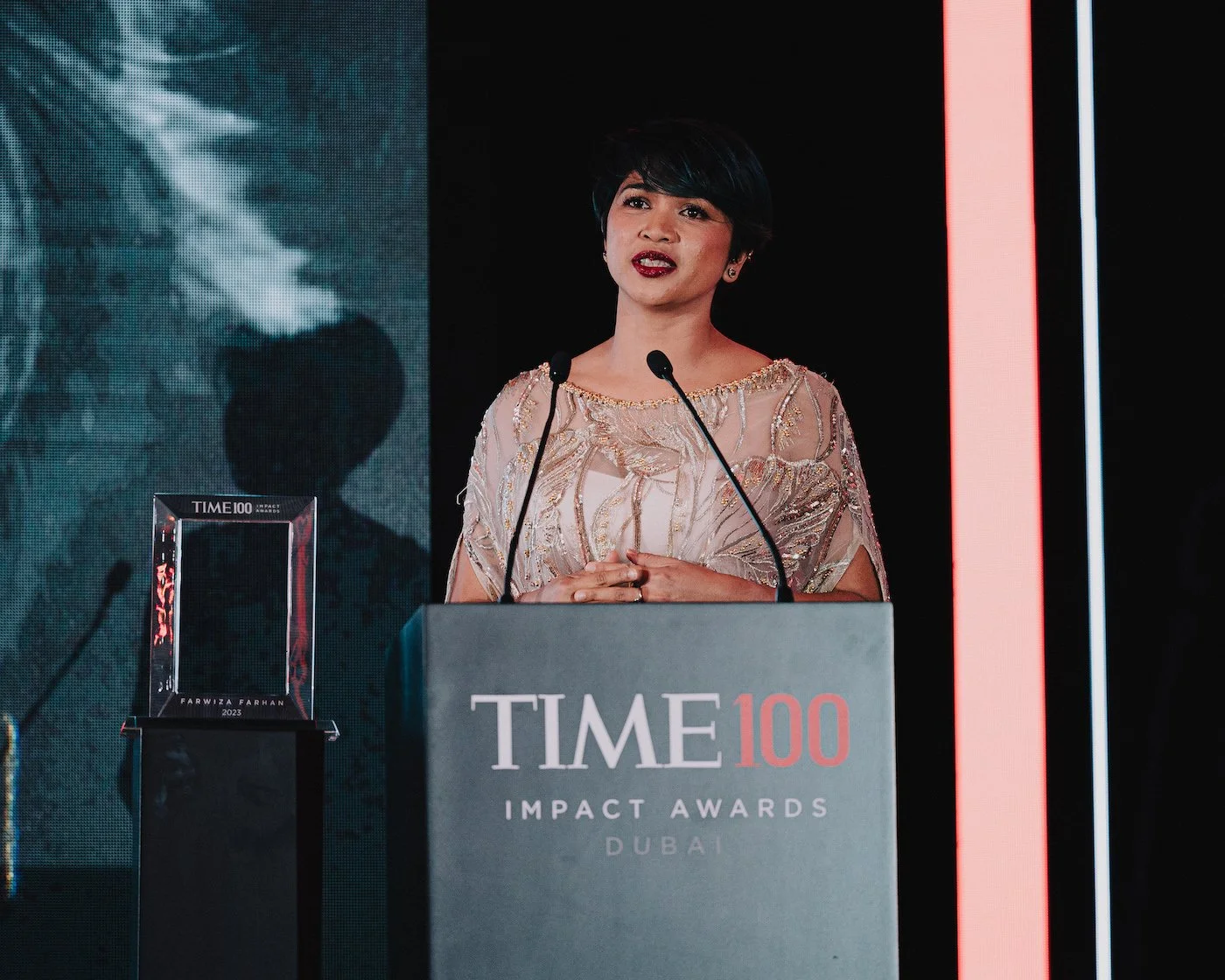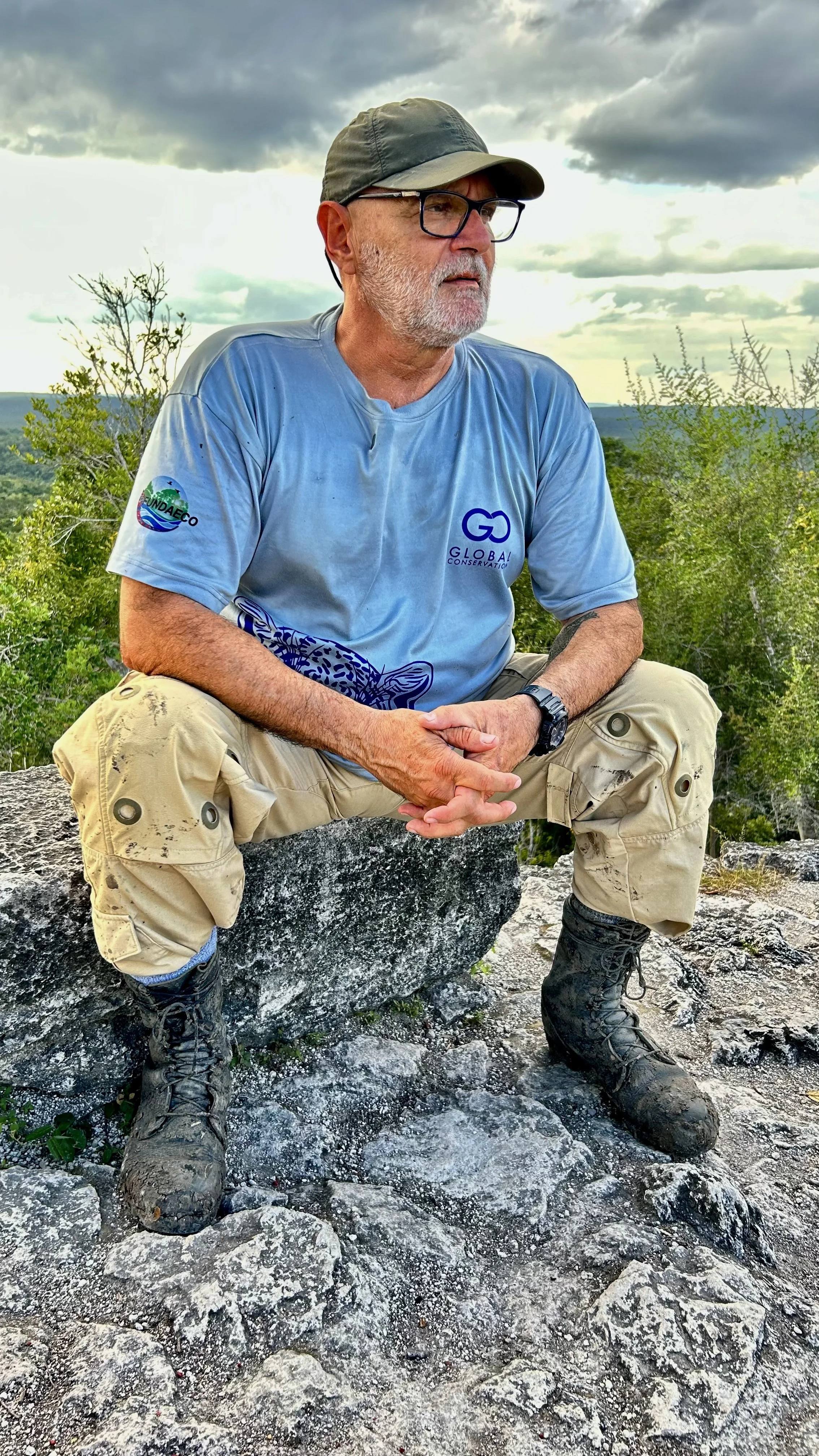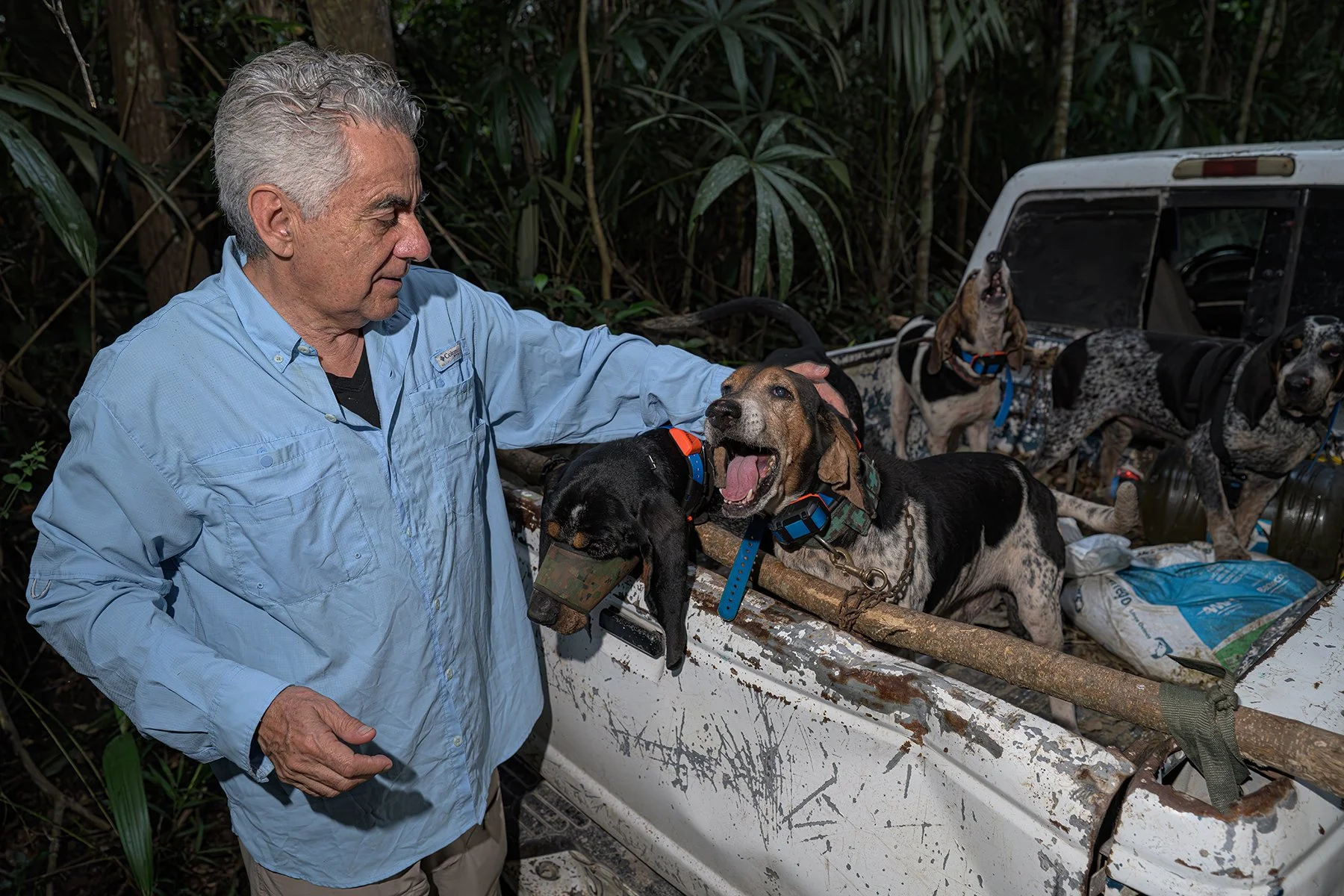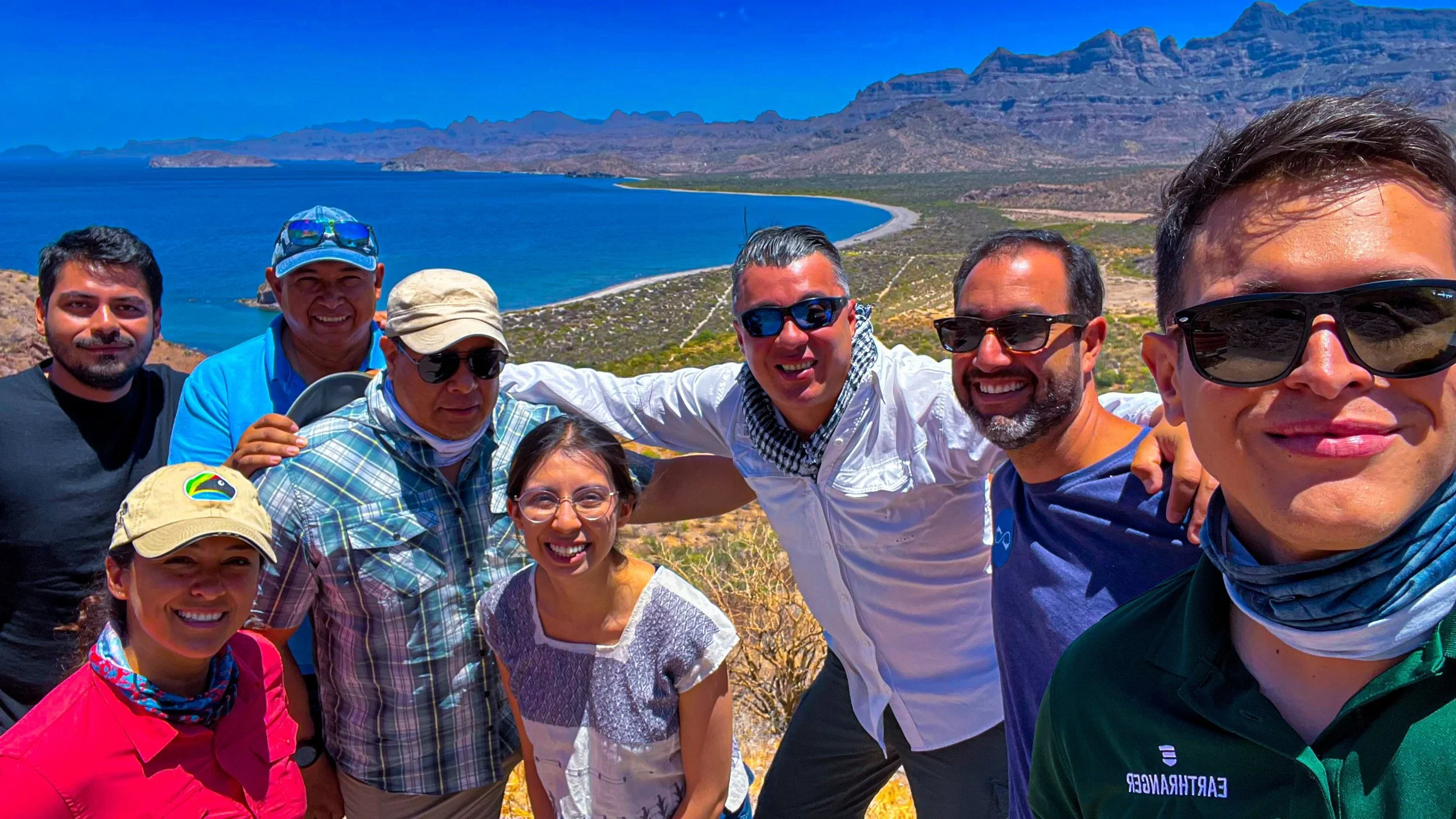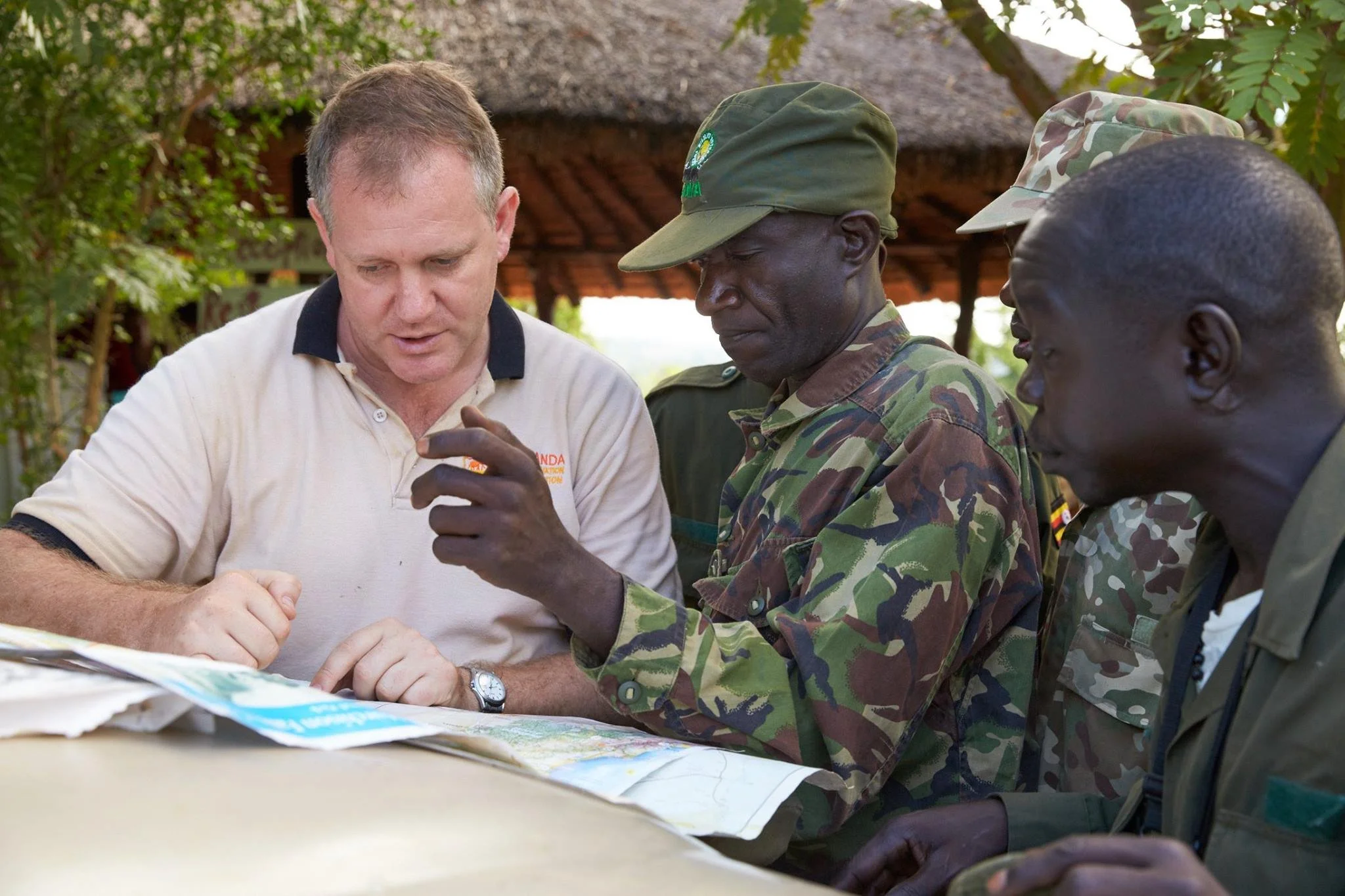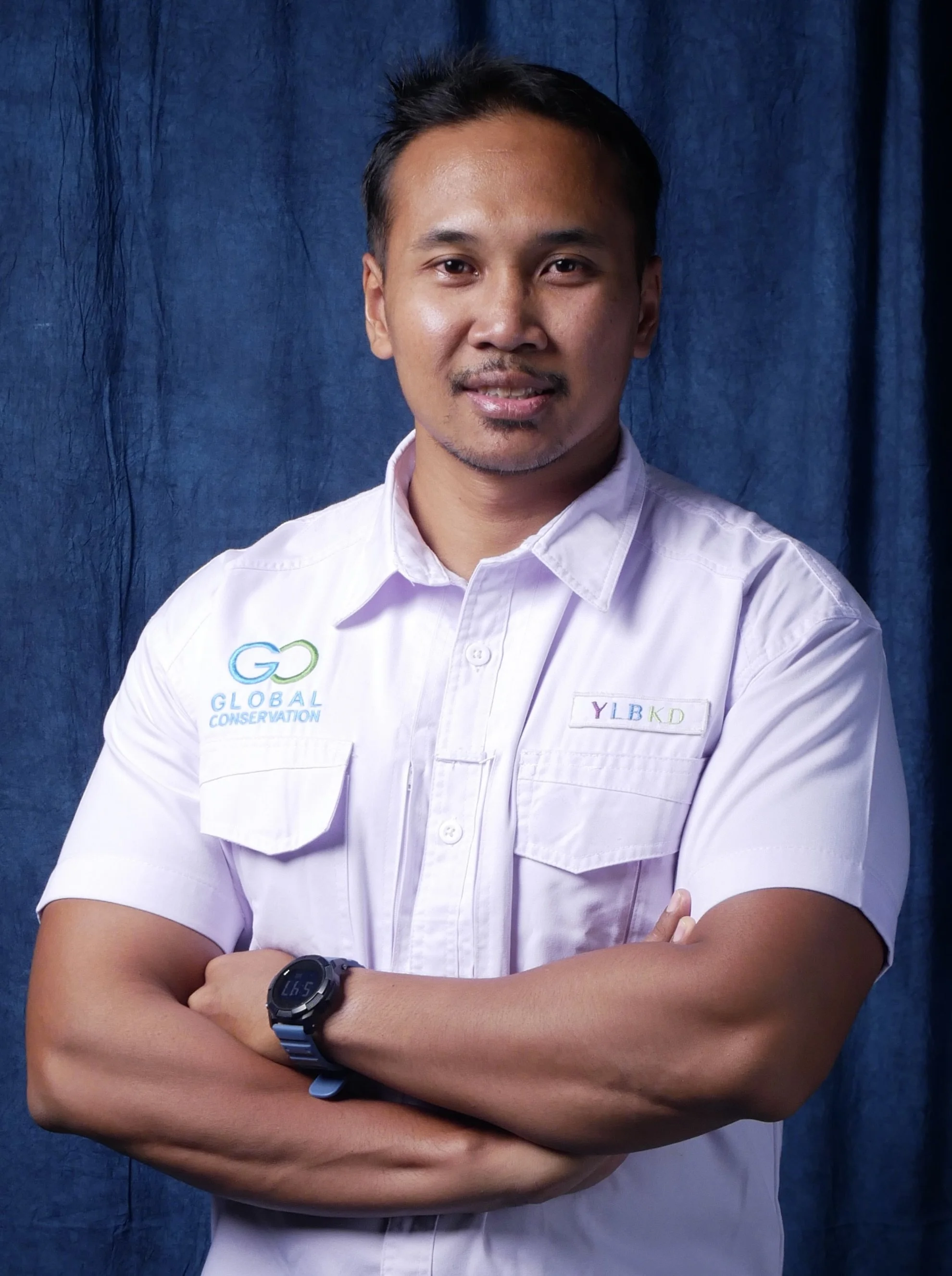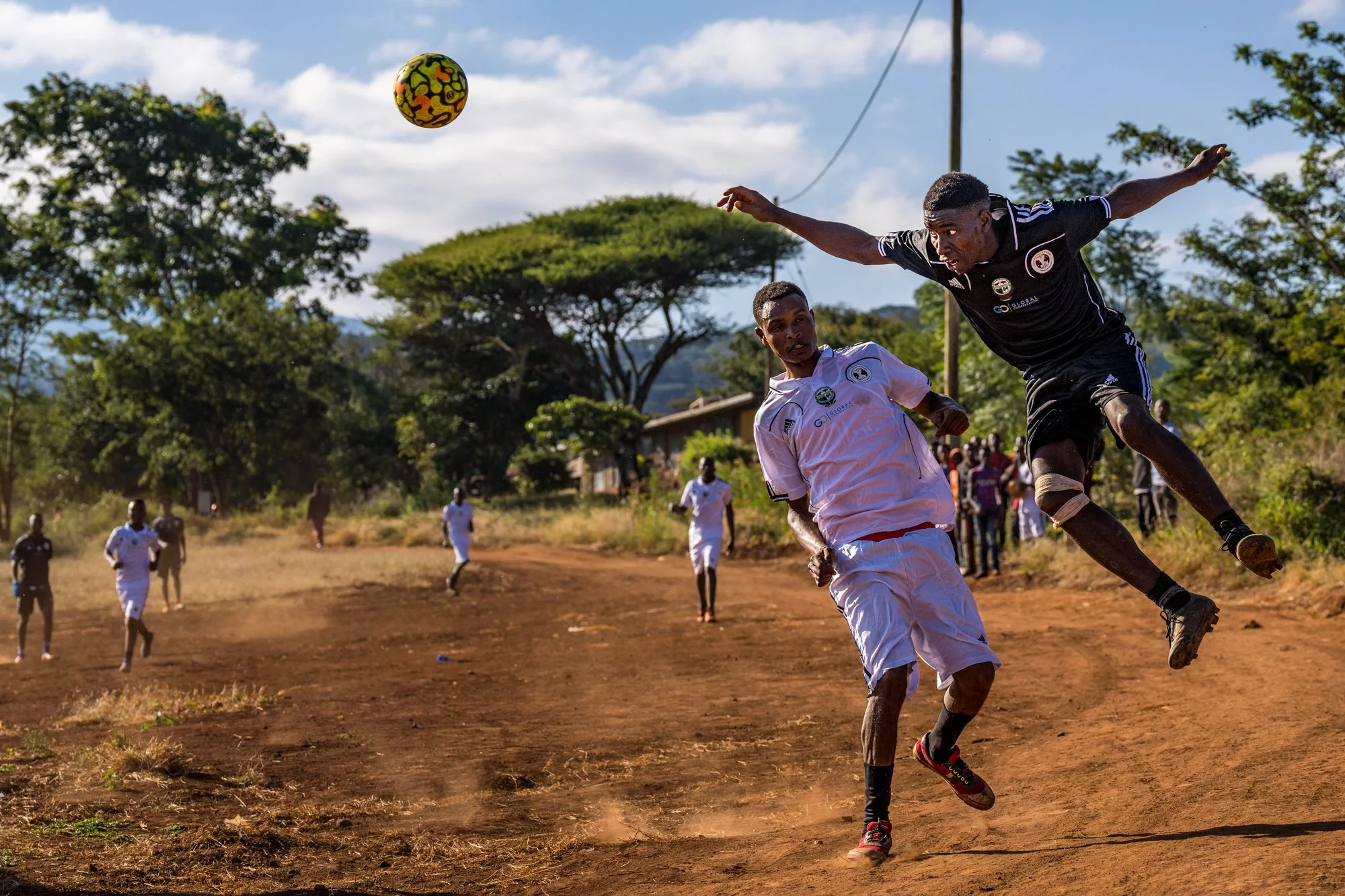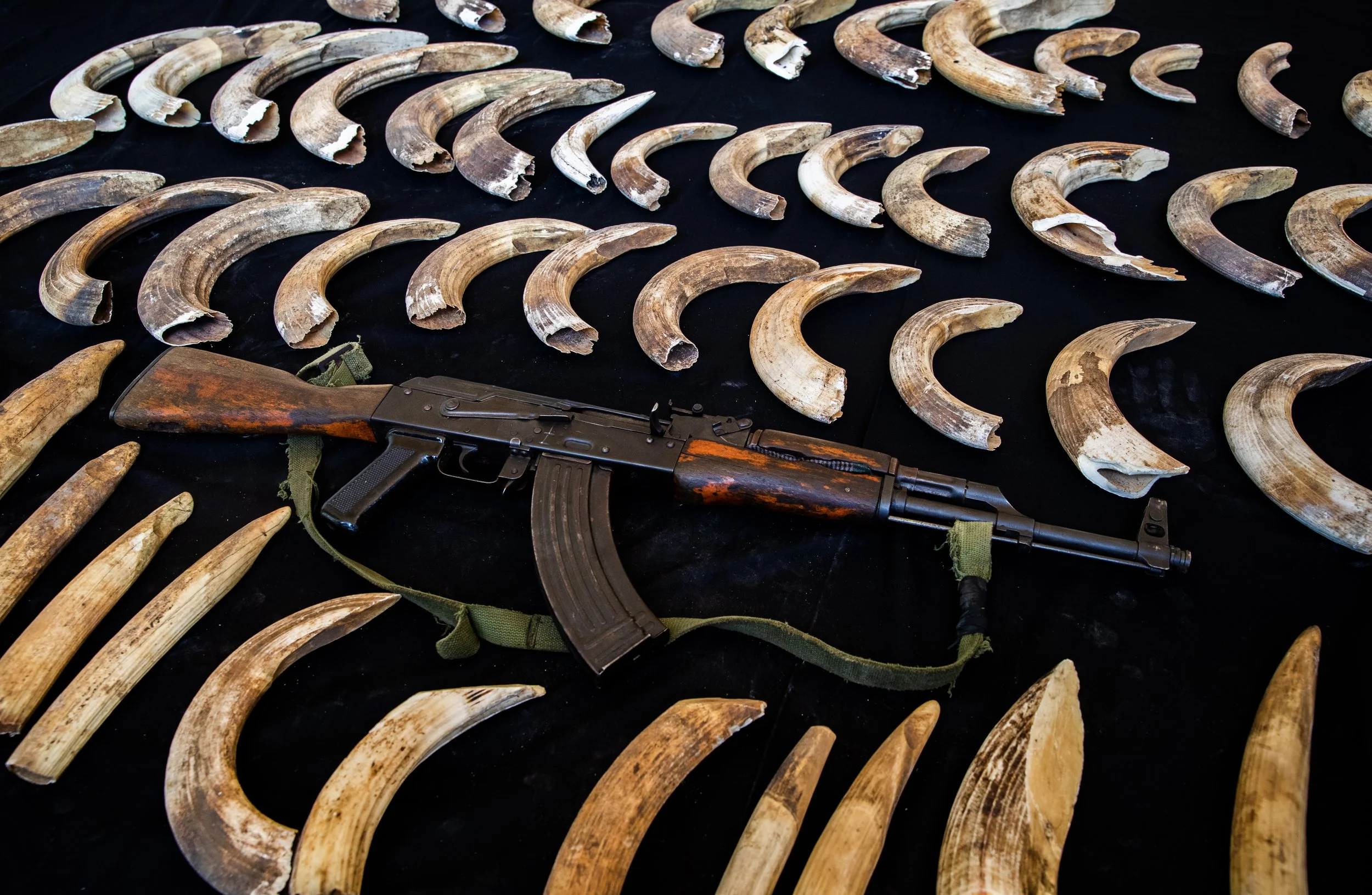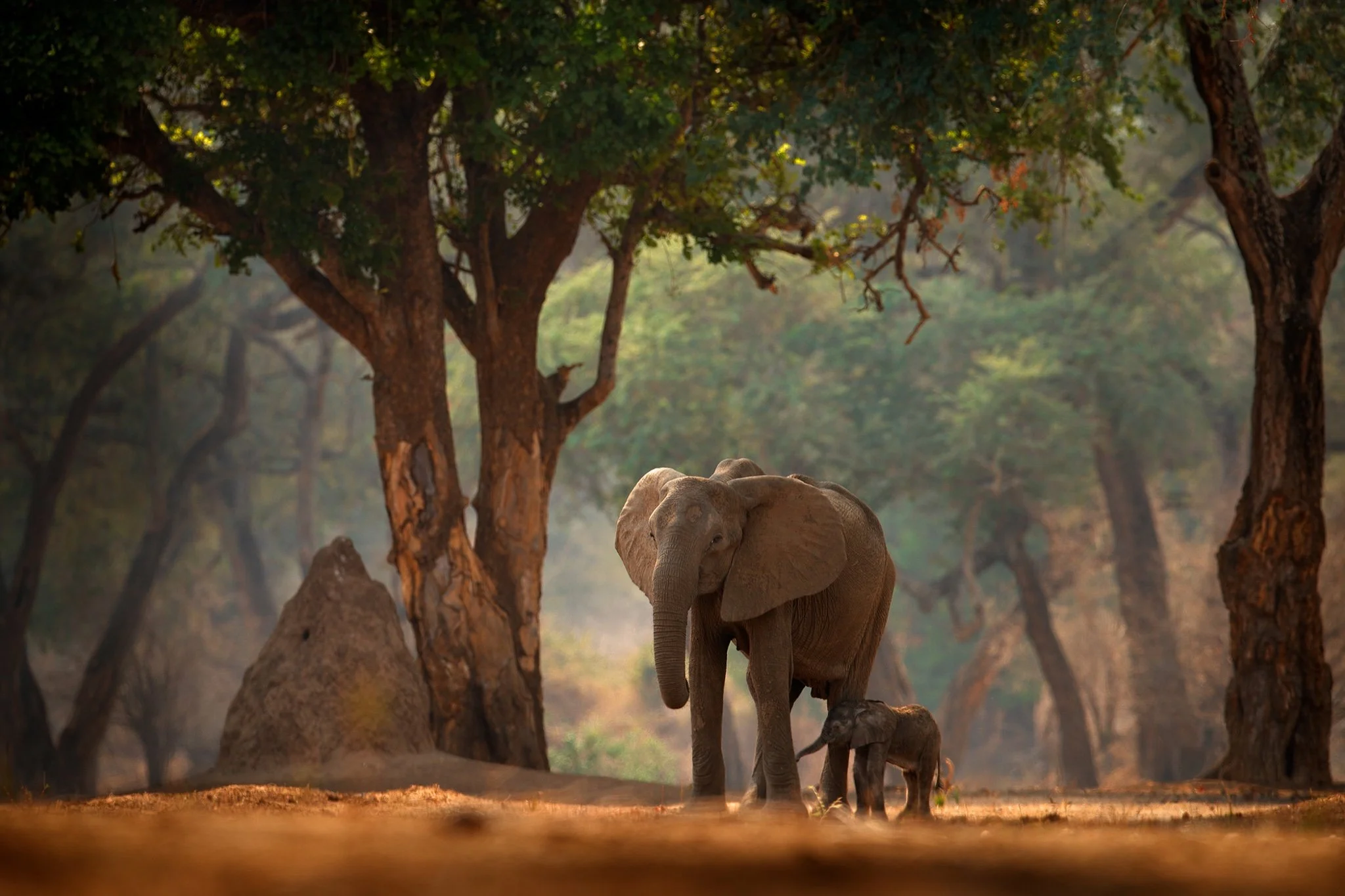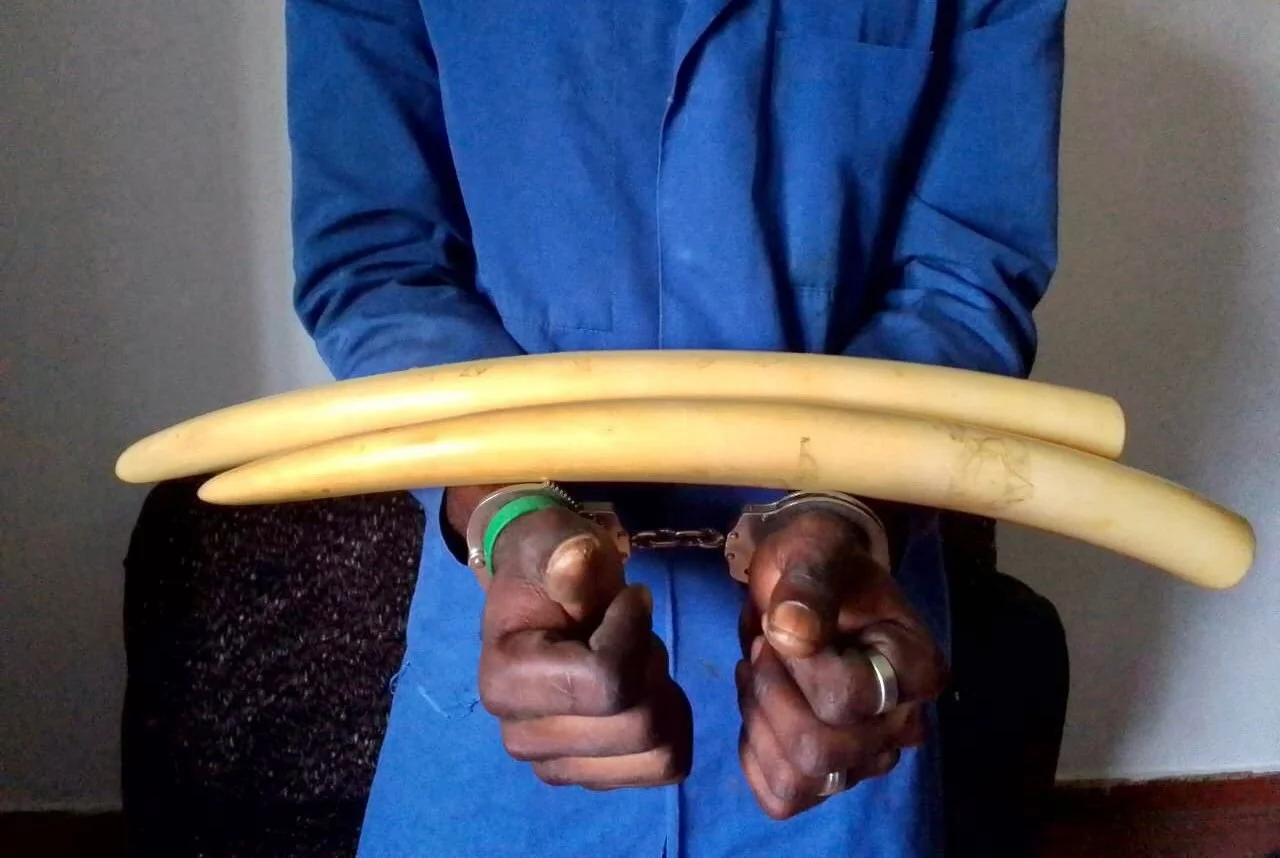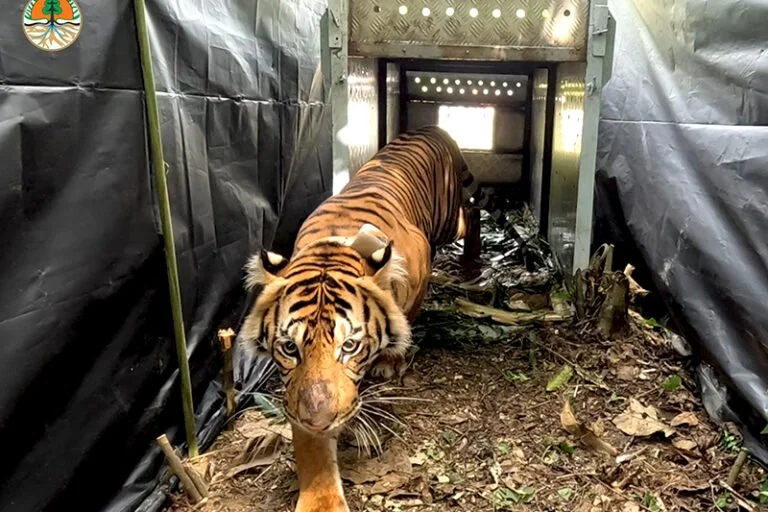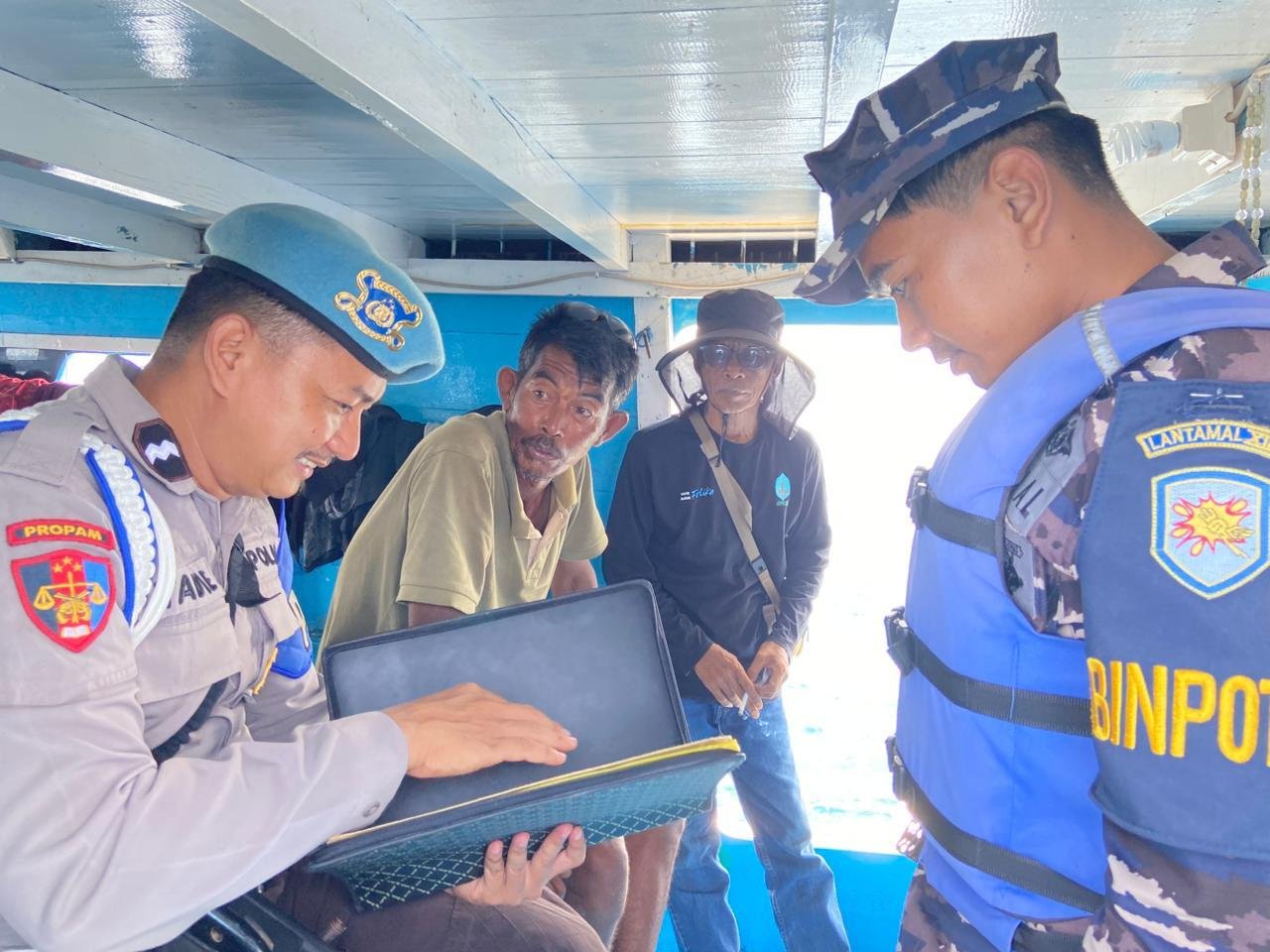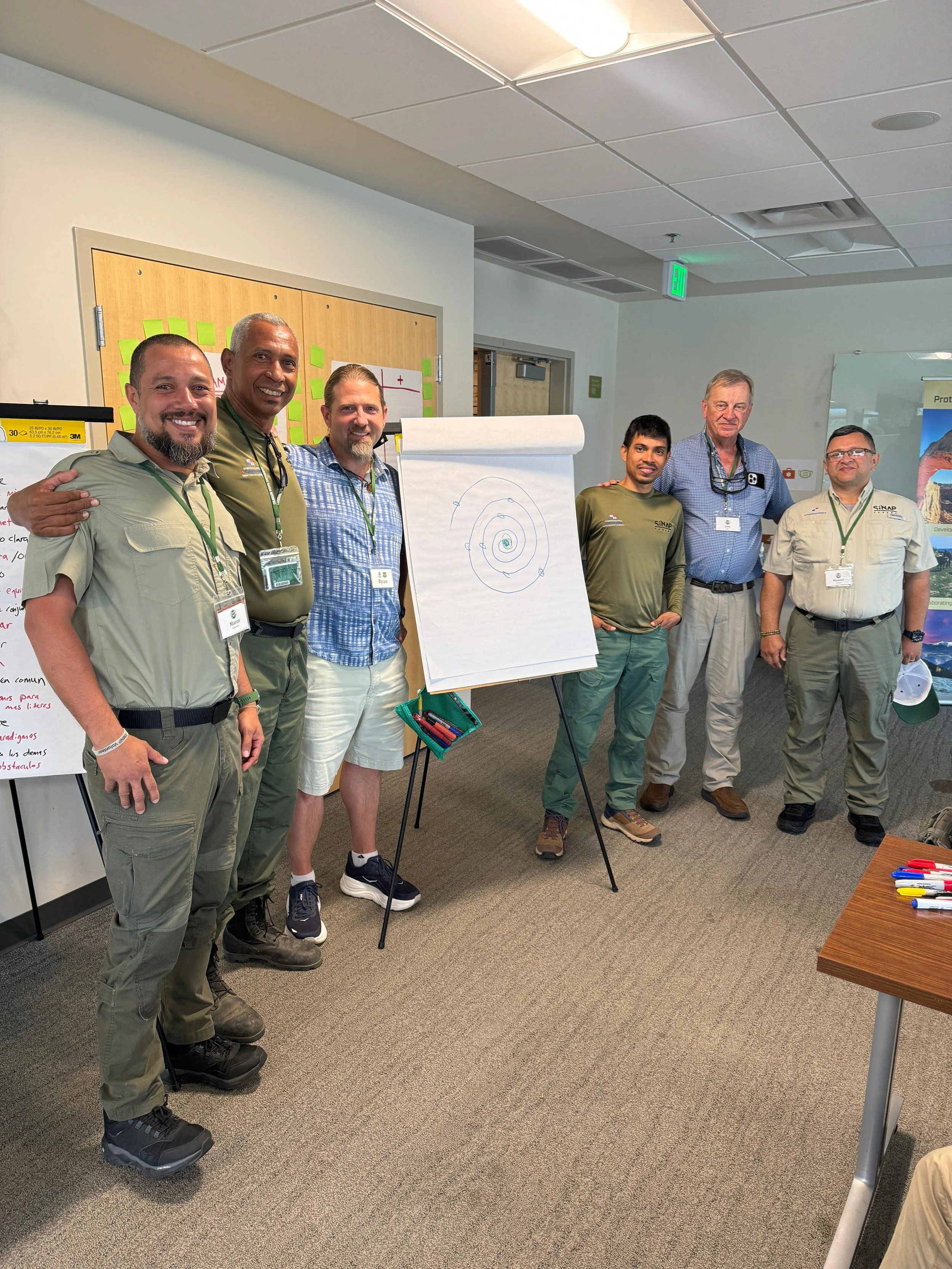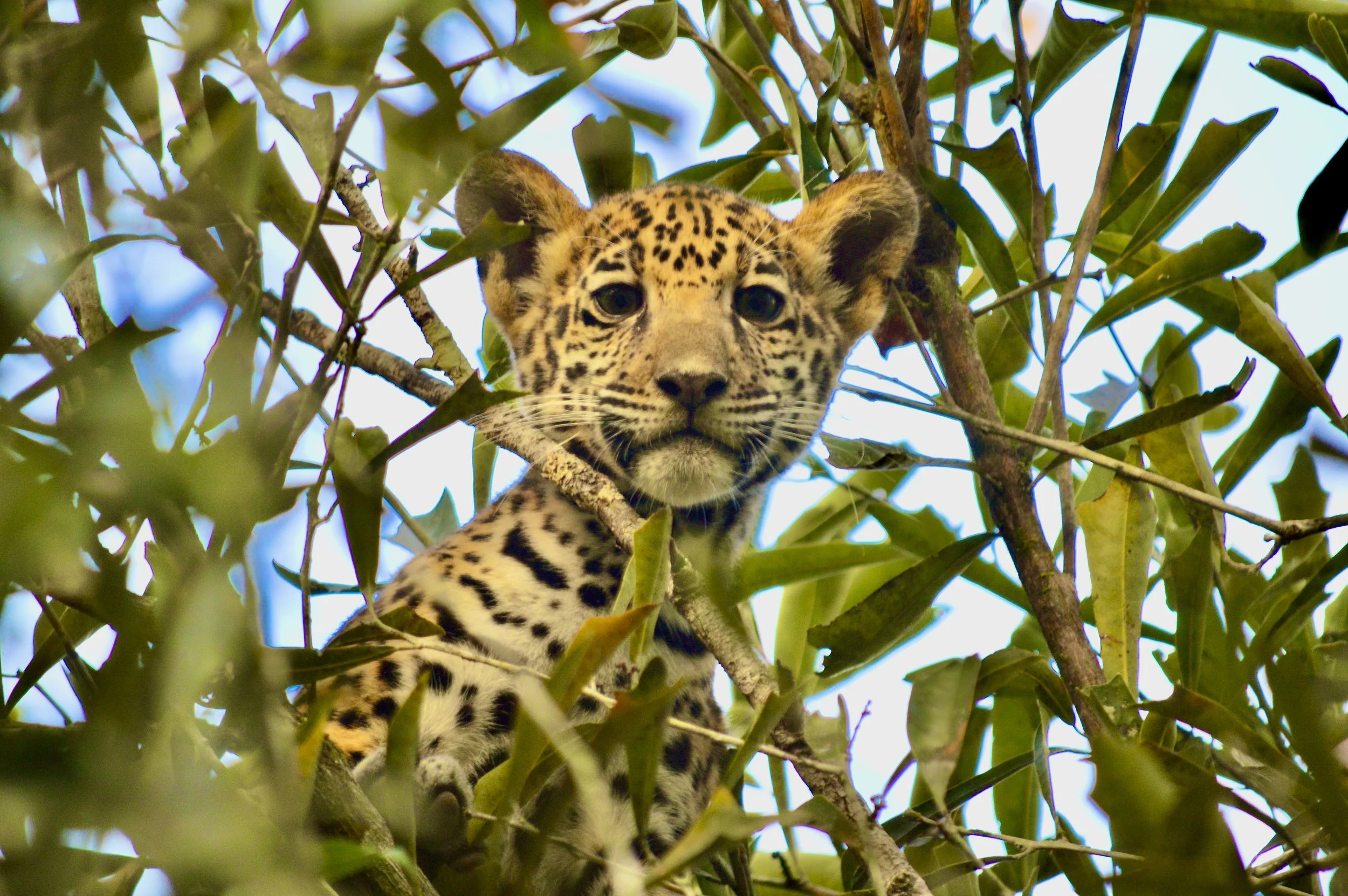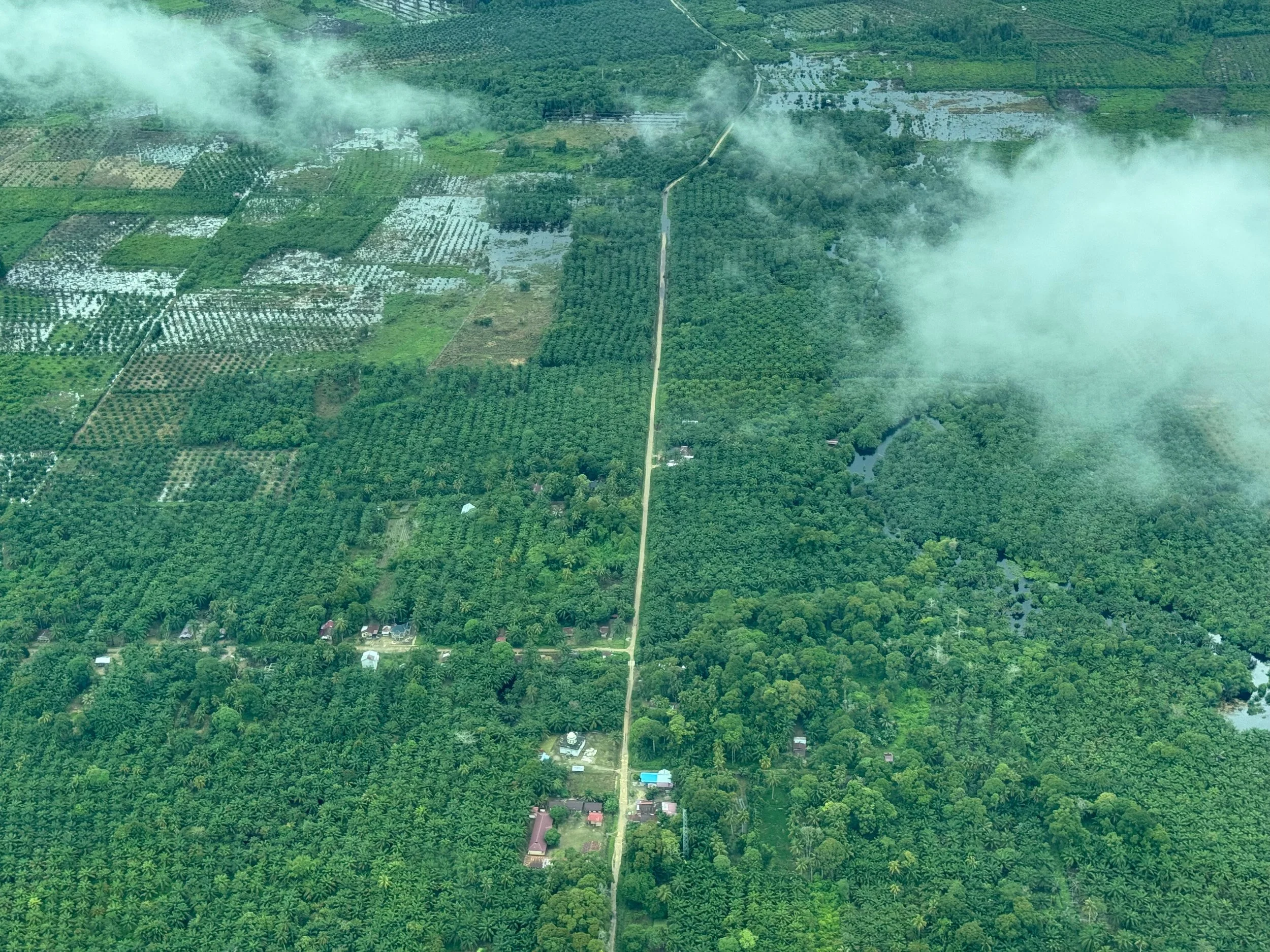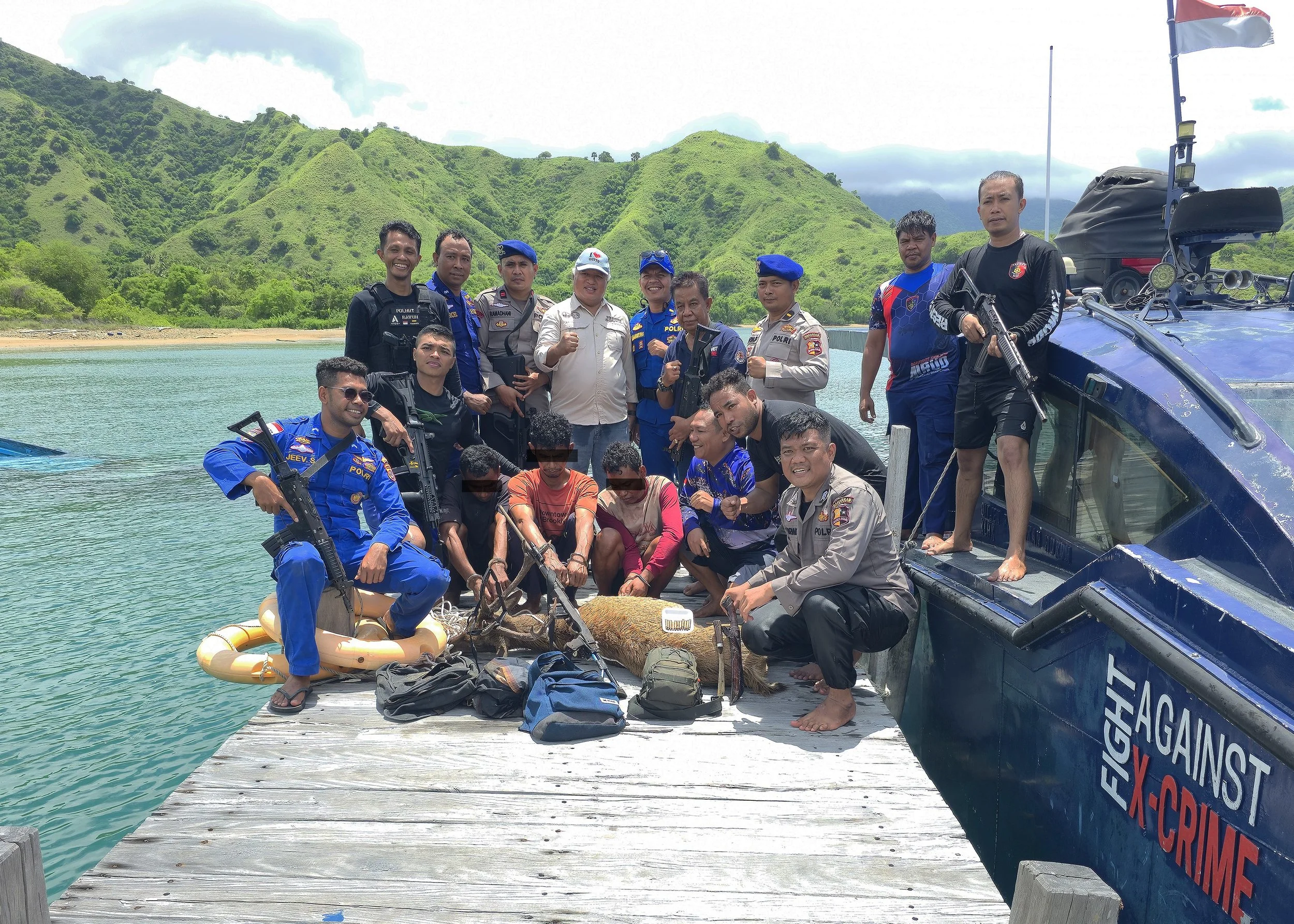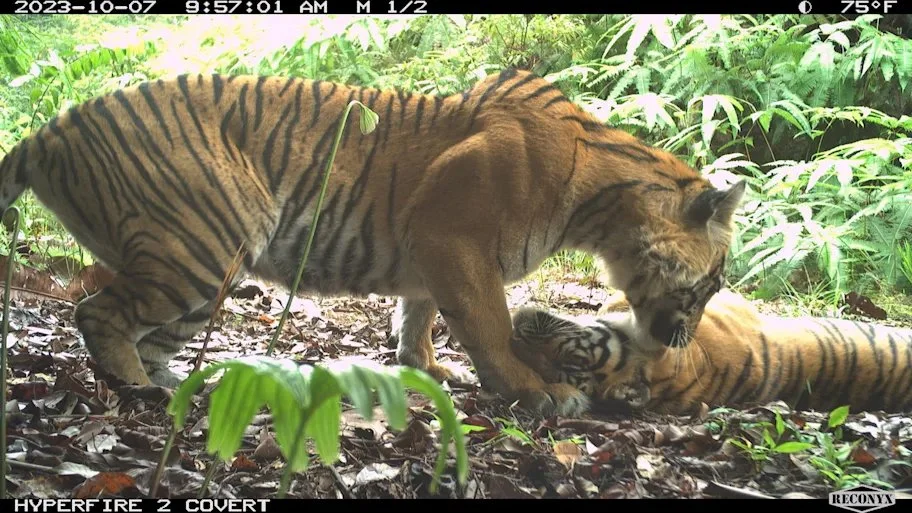Heroes Protecting Our Planet
Farwiza Farhan Receives TIME100 Impact Award.
Global Conservation collaborates with numerous individuals worldwide who are pioneering in the fields of environmentalism, encompassing anti-poaching, wildlife conservation, and the promotion of human-wildlife coexistence. We have the great honor of highlighting some of our Heros for you by sharing their history and stories.
SOUTH AMERICA
Francisco Asturias: Director of Mirador Protection, Guatemala
Francisco Asturias is at the sharp edge of conservation. He is Director of GC Mirador, and works to protect some 800,000 ha of intact tropical rainforest around Mirador National Park. He oversees the elite Genesys Rangers—combined government, military, NGO, and community teams—who battle armed criminal networks involved in poaching, illegal logging, and land clearance. His stewardship has significantly increased patrol coverage and disrupted major illegal timber operations.
Francisco safeguards Central America's last and largest intact tropical rainforests from cartel-driven fires, cattle clearing, and looting of ancient Maya archeological sites. He also leads elite Genesys Rangers, GC Mirador Protection teams.
Dr. Gerardo Calakmul: GC Advisor and Director of Gran Calakmul, Mexico
Photo ©Joshua Asel
Dr. Gerardo serves as a GC Senior Advisor and Project Director for the Calakmul Biosphere Reserve in Mexico, helping to safeguard 1.8 million hectares of the Maya forest to preserve jaguars and Mexico’s natural heritage. He supports cross-border protection with Mirador, coordinating joint patrols and park defense systems in one of Central America’s most biodiverse regions. His guidance adds scientific rigor and strategic oversight to this UNESCO World Heritage landscape.
Gerardo has worked with UNAM since 1989 with scientific interests and fieldworkfocusing on animal ecology, biogeography, and conservation of nature. He has directed 19 theses, 13 master's and doctoral, and carried out conservation projects aimed at protecting species and ecosystems, including the creation of Biosphere Reserve Chamela–Cuixmala in Jalisco, Janos Biosphere Reserve, Lerma Marshes, and the Calakmul Biosphere Reserve. He has directed more than 80 technical studies for various government, academic, and private national and international institutions.
Alejandro Gonzales: Director of GC Mexico
Alejandro pictured in the center with arms around colleagues and partners.
As Director of GC Mexico, Alejandro Gonzales leverages a unique background—from government park director to marine NGO strategist—to protect the Baja Sur Marine Sanctuary from Cabo Pulmo to Loreto National Marine Parks. He champions innovative surveillance technologies, such as radar systems that detect illegal fishing, to shore up marine biodiversity. His leadership bridges public agency experience with NGO agility in safeguarding critical marine habitats.
Margoth Quispe: GC Director of South America
Ms. Margoth Quispe is a trained attorney well-known in Peru for her effective work representing indigenous communities of the Amazon and nature conservation to protect rainforests and wildlife. She holds a law degree focused on Indigenous Rights and an undergraduate degree from Lima.
Margoth joined Global Conservation through the Rainforest Foundation Peru. As Director of South America, she now leads Global Conservation’s work in Peru (Sierra del Divisor), Colombia (Los Katios World Heritage Site), and Ecuador (Yasuni World Heritage Site).
Currently, she is leading our deployment of Global Park Defense to protect Sierra del Divisor National Park. This initiative is integrating park rangers, local communities, and the marines as a coordinated patrolling and surveillance force against illegal logging, coca plantations, and wildlife poaching inside the park and bordering community lands.
Africa
Oliver Fankem: GC Director of Central Africa
Oliver Fankem, Director for Central Africa at Global Conservation, transitioned from great ape and elephant science to protecting over 1 million hectares of Cameroon’s intact rainforest, including the Dja Complex. He leads a professional park defense team of more than 60 rangers and has established continuous patrol coverage across multiple national parks. His childhood passion for forest life is now powering rigorous anti-poaching and community protection efforts.
Oliver’s dedication to conservation began in his childhood, when he spent most of his days exploring for “forest snacks” and fishing. He was in awe of a TV program called “Splendeur Sauvage” and of videos from Jacques Cousteau’s marine expeditions.
Later, he completed two MSc degrees (Wildlife Management at the University of Ibadan, Nigeria and Conservation Biology at the University of Kent, UK). During his studies, he carried out work in the Republic of Benin, Burkina Faso, Sierra Leone and Nigeria, taking part in wildlife censuses, anti-poaching patrols, community engagement, and more in various national parks.
Over the last 15 years he has worked on conservation in Cameroon, providing technical support in protected area management, law enforcement, and wildlife monitoring, eventually securing a position with the Zoological Society of London (ZSL). Since 2009, he advanced within ZSL from Assistant Manager in 2009 to ZSL TRIDOM Landscape Manager in 2019. As TRIDOM Landscape manager, he was responsible for the management of all of ZSL’s activities, including liaising with other partners, in TRIDOM (a network of protected areas in Cameroon made up of Dja Wildlife Reserve, Mengame Gorilla Sanctuary, Ngoila Wildlife Reserve, Nki National Park, Boumba Bek National Park, and their peripheries).
This work gave him the opportunity to implement site-based protection systems in focal sites, coordinate community engagement, develop intelligence networks including a community surveillance network, coordinate multiple landscape law enforcement operations, and test several approaches to addressing Cameroon-Gabon transboundary wildlife crime.
He has contributed to successful grant applications such as ECOFAC VI, USFWS African Elephant Conservation Fund, IWT Challenge Fund, Rufford, Arcus, and Save The Elephants, for a total of over three million dollars. Over the last three years, he has managed the delivery of ZSL’s TRIDOM Conservation Programme to ensure effective operations and delivery of ZSL’s strategy in Cameroon.
Michael Keigwin: GC Director of Kidepo Valley National Park, Uganda
Michael Keigwin, Director of Global Conservation’s Kidepo Valley project in Uganda, brings leadership from a career as a management consultant to wildlife protection in East Africa. He is spearheading modernization of protected area management, including establishing a digital Command Centre and deploying EarthRanger to track wildlife across 300,000 hectares. His efforts aim to reverse steep declines in lions and elephants caused by poaching and habitat loss.
Michael transitioned from a London Management Consultant to a Leader in Park and Wildlife Protection, protecting over 1 million hectares of Uganda's endangered national parks from wildlife poaching and human-wildlife conflict.
Michael Keigwin MBE is the Founding Trustee of UCF and has worked in Uganda since 1997. Michael’s love for Uganda stems from his uncle being a warden in Murchison Falls National Park in the 1960s. Prior to UCF, Michael developed and ran the Elephants, Crops, and People project in southern Queen Elizabeth National Park. In 2006 Michael returned to the UK to carry out an MBA at Durham University, obtaining a Distinction grade, and then joined Deloitte’s strategy group in London. In 2012 Michael returned to Uganda to support the Uganda Wildlife Authority's recovery of Murchison Falls from poaching and support the development of the region. He also owns and runs various businesses in Uganda and continues to support his passion for sport through Kyadondo Rugby Club, where he is Vice Chair. In 2016 Michael was awarded an MBE for services to conservation.
Asia
Dadang Mujiono, PhD: GC Director of Indonesia
Dr. Dadang is a lecturer, researcher, and conservationist whose work bridges international relations, maritime ethnography, and environmental governance. He earned his Ph.D. in Southeast Asian Studies from the National University of Singapore, focusing on the history and contemporary issues of the Sea People—the Bajau and Solok (Tausug)—of the Derawan Archipelago.
He teaches International Relations at Mulawarman University and has served as Editor-in-Chief of the Interdependence Journal of International Studies and reviewer for BHUVANA: Journal of Global Studies.
As Indonesia’s Director for Global Conservation, he primarily oversees conservation initiatives in the Derawan Archipelago, East Kalimantan. While not directly supervising GC’s other projects in Leuser and Komodo, he is currently involved in pre-assessment for future initiatives in the Banda Seas and Sulawesi.
Dr. Dadang also leads GC’s outreach to national-level agencies, including the Ministry of Marine Affairs and Fisheries (KKP), the Indonesian Navy (TNI AL), and the Marine Police (Polairud), promoting GC’s flagship Global Park Defense initiative and advancing strategic collaborations, aiming to ensure the smooth launch of future GC initiatives across Indonesia.
He has authored several books and journal articles on multi-track diplomacy, contemporary global issues, and marine ecosystems. His research on ecotourism, sustainable development, and the identity and heritage of maritime communities—particularly in the Sulawesi (Celebes) Seas—has contributed to broader discussions on conservation policy and its relationship with the dynamics of local engagement.
Dr. Rahim Amat: GC Director of DaMaI Rainforest Complex
Dr. Rahimatsah Amat, the CEO of Sabah Environmental Trust, is a renowned and highly respected Sabah-born environmental scientist and leader who is also known for his extensive contributions to biodiversity conservation and sustainable environmental management. He is a Fellow of the distinguished Academy of Sciences Malaysia (ASM) and also of the Malaysian Scientific Association (MSA). At the international platform, he is a member of IUCN-WCPA & IUCN-SSC, and was the Coordinator (Asia) for the Transboundary Conservation Specialist Group (TBCSG) of IUCN-WCPA.
His career has been marked by a deep commitment to protecting natural habitats and promoting sustainable development, particularly in the context of Southeast Asia’s rich biodiversity. He has played significant roles in various conservation organizations, both locally and internationally and is known for his leadership and strategic planning abilities, which have been instrumental in advancing conservation efforts in the region. His expertise lies in forest conservation, wildlife protection, and community-based natural resource management.
He has been a vocal advocate for sustainable environmental policies, engaging with policymakers to promote legislation that balances developmental needs with environmental preservation. His work has significantly impacted environmental conservation in Malaysia and contributed to broader global efforts to address biodiversity loss and promote sustainable development that have also contributed to the establishment and management of protected areas, ensuring the conservation of critical ecosystems.
With a strong scientific background, extensive experience in conservation management, and a visionary role in SET, he has made significant strides in protecting Sabah’s terrestrial habitats and biodiversity in the Danum-Maliau-Imbak (DaMaI) Rainforest Complex in Sabah, including work toward its proposed UNESCO World Heritage status. Among others, introducing the Spatial Monitoring and Reporting Tool (SMART) and Global Parks Defense (GPD) for rangers and field staff.
Farwiza Farhan: Director of HaKA, Leuser National Park, Sumatra, Indonesia
Farwiza Farhan is an environmental activist and one of the leading voices in the fight to protect the Leuser ecosystem in Sumatra, Indonesia. Farhan focuses on ground-level species protection and high-level legal advocacy. Her strength is in fostering collaboration; she built a grassroots movement that succeeded in advocating for law enforcement against companies operating illegally and launched a citizen lawsuit that empowers local communities to have meaningful involvement in policymaking. She drives change from the ground up.
Farhan is the leader of Forest, Nature & Environment Aceh (HAkA) a homegrown Acehnese NGO, which is striving to protect the Leuser Ecosystem in Sumatra. By empowering communities, taking legal action, and mobilizing local, national and global campaigns, Farhan and her team are helping to pave the way for true sustainable development for their people. Her impact on community-driven conservation was recognized with the 2016 Whitley Award.

